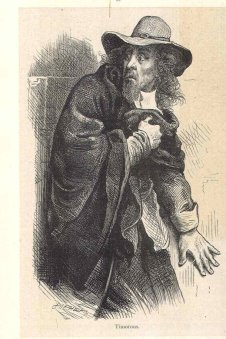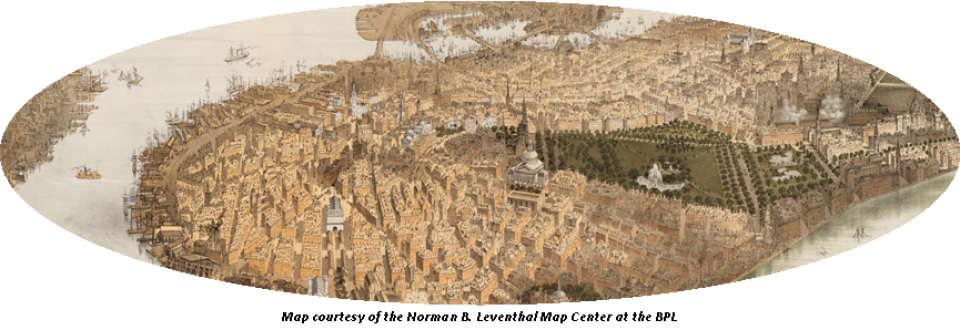 There is one great tendency that has stood out for me over the years of my pilgrimage as a transplanted Midwesterner and adopted Bostonian. It is this northeastern fear of things related to faith and religion. I have been trying for years to nail down the origins of this quintessential New England trait, and it stumps me what to make of it.
There is one great tendency that has stood out for me over the years of my pilgrimage as a transplanted Midwesterner and adopted Bostonian. It is this northeastern fear of things related to faith and religion. I have been trying for years to nail down the origins of this quintessential New England trait, and it stumps me what to make of it.
Of course, Boston Pilgrim Tours exists to alleviate this unnatural pathology in all of its various forms. We are doing well as a city with a plethora of tours dedicated to culture, history, and even architecture. But we stop short when it comes to belief. I have been on many a tour of churches, mosques, or synagogues in which the house of worship is treated as a kind of museum piece to be dusted off and admired purely for its historical place. Never a hint of living, breathing faith. Those on the tour who might be aware of a particular denomination along with its proclivities of practice and confession share their knowledge to the group almost apologetically, as a private fetish of which they ought to be ashamed or at least not overindulgent.
Sure it’s okay in New England to be passionate about the Sox, the Pats, the C’s, or the Spokes, but God forbid we ever have to endure a passionate believer share his/her faith in the life to come. The faith of fifty million people keeps baseball as America’s great pastime and those of us who don’t love any of those games can opt for politics or psychology as our religion. But all the air will leave the room if someone pipes up about wishing to attend a local divine service or pay even the slight bit of devotion to God who transcends all of this man-made kerfuffle.
 Certainly I don’t mean to suggest that we treat matters of faith too seriously, but with what C.S. Lewis called, “the right sort of seriousness.” I have had the privilege of taking many tours in Europe that suffer from over-seriousness, in which the guide is like a holographic image, spitting out factoids at the rate of a machine gun, completely not relating to the tourists who are under his/her tutelage. Then I have been in America, riding a certain form of aquatic bird, pretending to learn the important history of our country’s founding while having bits of fun thrown at me. What I hope to accomplish with our faith-based tours is some happy medium between these two extremes in which we deliver deep and abiding content without losing the personal connection with the guests who take the tour.
Certainly I don’t mean to suggest that we treat matters of faith too seriously, but with what C.S. Lewis called, “the right sort of seriousness.” I have had the privilege of taking many tours in Europe that suffer from over-seriousness, in which the guide is like a holographic image, spitting out factoids at the rate of a machine gun, completely not relating to the tourists who are under his/her tutelage. Then I have been in America, riding a certain form of aquatic bird, pretending to learn the important history of our country’s founding while having bits of fun thrown at me. What I hope to accomplish with our faith-based tours is some happy medium between these two extremes in which we deliver deep and abiding content without losing the personal connection with the guests who take the tour.
To accomplish this, our tours all must have at least three components: history, architecture, and the living faith of the people who sustained or created the previous two. Without the secret ingredient of faith, all of our inquiries into the past or our attempts to tell the story of present architecture will fall flat. Our tours need to be living memorials of the people who made our houses of worship, for better or for worse, and we ought not hide behind an artificial and private separation between church and state as a justification for our religious ignorance.

Well said and absolutely true.
Pingback: Downtown With John Eliot | Boston Pilgrim Tours